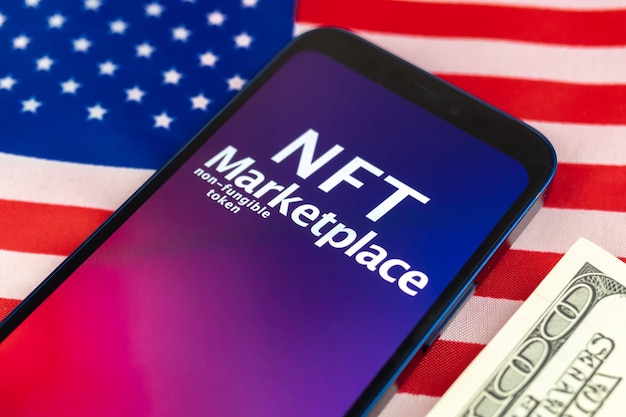
Estimated reading time: 6 minutes
Key Takeaways
- Executive Order 13942 set a new template for scrutinising foreign-owned tech platforms in the U.S.
- Major American firms such as Oracle and Microsoft raced to broker deals under intense political pressure.
- The episode intensified debate over data sovereignty and national security.
- Legal challenges highlighted the tension between economic policy and First Amendment protections.
- The fight reshaped how investors assess geopolitical risk in cross-border tech deals.
Table of Contents
Background on TikTok and U.S. Concerns
TikTok’s meteoric rise—amassing more than 175 million U.S. downloads by mid-2020—brought ByteDance’s Chinese ownership under the microscope. White House advisers feared that the app’s extensive data-gathering capabilities could provide the Chinese Communist Party with granular insight into American citizens. Analysts noted the potential for tracking federal employees, a risk that ultimately spurred an unprecedented policy response.
Details of the Executive Order
Signed on 6 August 2020, Executive Order 13942 mandated that ByteDance divest TikTok’s U.S. assets within 45 days or face a sweeping ban on transactions. The order required:
- All U.S. user data be stored on domestic servers.
- Full audits of past data practices and ongoing third-party security oversight.
- Transfer of TikTok’s coveted recommendation algorithm only under strict approval.
“This is the most significant use of economic powers to police a consumer app,” one cybersecurity official remarked, underlining the novel scope of the directive.
Potential U.S. Investors & Transactions
Oracle positioned itself as a “trusted technology partner,” proposing to host data onshore while taking a minority stake. Meanwhile, Microsoft explored a multi-country buy-out that would have brought Canada, Australia, and New Zealand operations under one Western umbrella. Valuations floated between $20 billion and $50 billion, reflecting TikTok’s vast advertising potential and the strategic value of its algorithm.
Investment bankers devised intricate legal structures to sever ByteDance’s control while preserving the platform’s user experience. One deal memo described the plan as “open-heart surgery on the world’s fastest-growing social app.”
Impact on TikTok Operations & Data Security
Under U.S. ownership, TikTok would need to relocate core servers, build American-only security teams, and publish transparency reports. Independent auditors such as TrustArc were cited as potential overseers. For users, new parental controls and explicit data-consent prompts promised a cleaner privacy slate.
- Domestic data centres in Texas and Virginia were scoped to house petabytes of content.
- Content-moderation policies would have to comply with U.S. free-speech norms, a departure from Beijing’s stricter standards.
Legal & Political Challenges
ByteDance filed suit in federal court, claiming the order violated due-process rights. Multiple judges issued temporary stays, buying time for negotiations. In 2021, President Biden revoked the outright ban and replaced it with a risk-based review framework, but the scrutiny remained. Congressional hawks argued that anything short of divestiture left security gaps, while civil-liberty groups warned against a slippery slope toward digital censorship.
Broader Implications for Tech & Markets
Together with earlier actions against Huawei and ZTE, the TikTok fight crystallised a new era of tech mercantilism. Investors now assign a “geopolitical haircut” when valuing cross-border digital assets. European regulators have echoed Washington’s stance, and start-ups touting bulletproof data-localisation are commanding premium valuations. As one venture capitalist quipped, “Data residency is the new gold standard.”
FAQs
Why did the U.S. target TikTok specifically?
Officials believed TikTok’s extensive data harvesting, combined with Chinese ownership, posed an outsized espionage risk compared with other social platforms.
Did the executive order ever take full effect?
No. Court injunctions paused enforcement, and the Biden administration later replaced the ban with a review process, though the underlying security assessment continues.
Could other foreign-owned apps face similar mandates?
Yes. The TikTok precedent established a roadmap U.S. regulators can apply to any platform deemed a national-security threat.
What happens if TikTok fails future security audits?
Possible remedies range from hefty fines to renewed calls for forced divestiture or even app-store delisting.
How has the saga affected ByteDance’s valuation?
Private-market estimates have swung wildly—dropping as much as 30%—reflecting uncertainty over TikTok’s regulatory future in its largest market.









